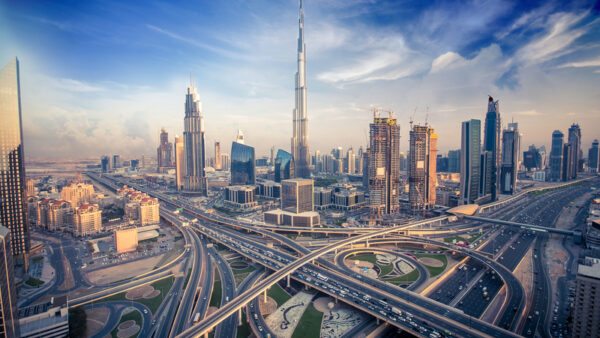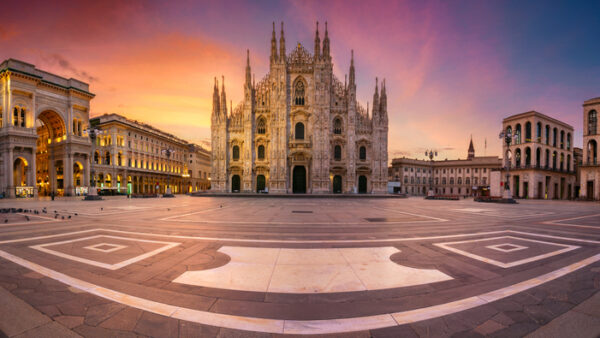Swiss capital Zürich has been named the world’s most expensive place to build, with an average construction cost of almost $3,700 per square metre (sq m).
Second is New York, where the figure is $3,650, while London comes in at third place with its $3,550 per sq m.
However, these cities are being rapidly caught up by the tech hubs of San Francisco ($3,400 per sq m) and Seattle ($2,800 per sq m).
Two macro-economic factors – the sharp fall in oil prices and China’s slowdown – have rippled across the global construction industry over the past year and triggered a rapid polarisation of the market– Steve McGuckin, Turner & Townsend
Construction costs in Beijing, meanwhile, have slumped by 10% amid weaker demand. Â
The figures come from the International Construction Market Survey 2016, compiled by UK consultancy, Turner & Townsend (T&T), which estimates that, globally, construction costs are expected to rise 2.9% in 2016.Â
The firm identifies a “polarisation” between markets that are overheating and others that are slumping because of an over-reliance on either China or the oil industry. Â
“Two macro-economic factors – the sharp fall in oil prices and China’s slowdown – have rippled across the global construction industry over the past year and triggered a rapid polarisation of the market,” said Steve McGuckin, the firm’s global managing director of real estate.Â
“Some regions are now facing acute overstretch, with construction demand outstripping what the industry is able to supply.
Meanwhile in markets with a heavy reliance on either trade with China or on commodities exports, both demand and levels of investment have fallen.”Â
The overheaters include New York and Seattle. In the latter, researchers predict construction costs will rocket by a further 8% in the next 12 months.

“Hotter” markets have a higher number of projects, and consequently there is less competition for tenders, which tends to drive up prices
Prices are set to cool in Hong Kong, Kuala Lumpur and Singapore due to their reliance on China, with its slowing economy, the knock-on effect of which will be felt on resource-based economies such as Australia, Brazil, Canada and Russia.
There is a weakness of demand in oil-reliant economies, as well: T&T’s research also predicts zero cost inflation over the next 12 months for the United Arab Emirates and in the Omani city of Muscat.
Average construction costs in San Francisco have already risen by 5% in the past year, and are forecast to continue increasing at the same rate this year.
McGuckin said builders face challenges in hot markets, including an endemic skills shortage.
“In overstretched markets both contractors and their clients must take urgent action to improve efficiency and keep cost inflation in check, while those operating in subdued markets should seize the opportunity to strip out waste and get the skills mix right for when demand returns.
“While advances in technology like Building Information Modelling (BIM) and modular construction can help, efficiency improvements of the scale required will only be achieved if the industry evolves – and develops leaner, more collaborative ways of working across the supply chain.”
Top image: The Limmat river in Zürich (Wikimedia Commons/MadGeographer)






